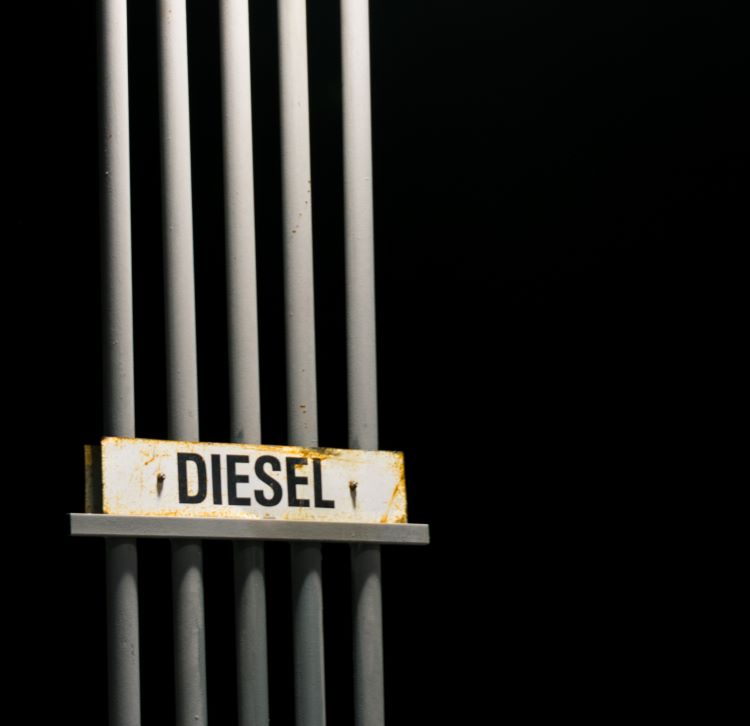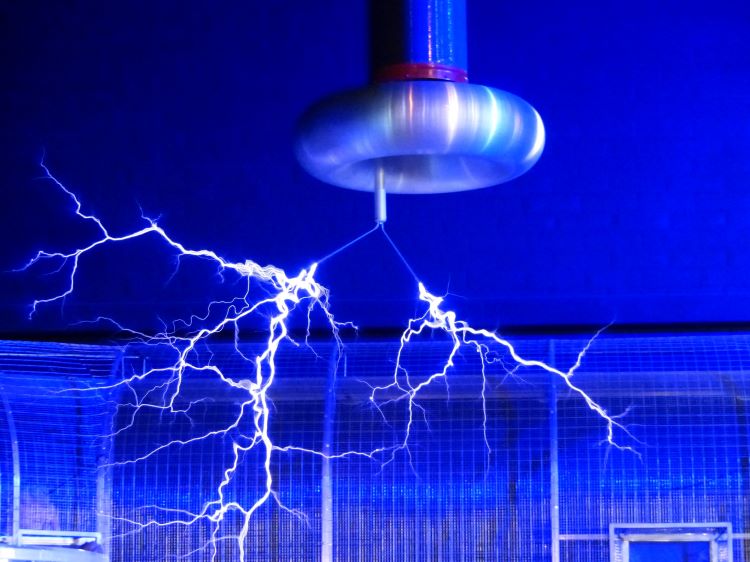Portable generators come handy in many situations- whether you are looking for an emergency source of power, or you’re going to use it for recreational purposes, having one is a good idea. There are many options of portable generators available in the market. It can be confusing for a new buyer to decide on which one to get first.
If you have a big home then a whole house generator is what you need. Check Generatorswift to get the top home generators that can power all your sensitive electronics without breaking a sweat.
For more helpful tips on various types of generators, you can visit krugerpower.com.au. In this article, we’ll talk about several features of a portable generator and factors that’ll make your buying decision a lot easier.
Power
The power is the very first feature of a generator that you should take into consideration. Generators come in 1800-watt units all the way to 20,000-watt units and even more. Naturally, the higher-watt units will cost more, so you need to be smart about which one to get considering your requirements.
Usually, the 2000-watt units are good enough for running refrigerators, lights, and fans. If you’re looking for a portable one for camping, this is the option to go for.
The 5000-watt units are great for running a window AC unit along with a refrigerator while a 7000- watt unit can comfortably run several power tools along with lights and fans. As you get higher to 10000-watt generators, you can expect to run a small home without any problems.
Outlets
Usually, small generators running on inverter technology have two 120V AC outlets along with some USB ports. Go to 4000 watts or above, you’ll have more 240V plugs along with some more 120V ones. The 240V plug is essential when you want your generator wired into your panel. Just make sure to get outlets protected with GFCI when you’re going to use a generator outside.
Frequency of Use
If you’re planning to use your generator occasionally, you don’t need to buy the ones with powerful commercial engines- these generators are more expensive, and it doesn’t make sense to get one if you only use it for emergency power.
However, if you are going to use the unit regularly every day, consider getting the one with a commercial engine. These units have a warranty lasting well over a year and are built more robustly for frequent use.
The Type of Fuel
Gas generators are the most common option in the market when it comes to choosing the fuel. Gas is relatively easy to get.
But take a look at diesel-run generators too. These generators are more efficient at powering a whole house. Diesel generators are also more fuel-efficient, and you don’t need a carburetor in one that causes clogging problems in crucial moments. There’s just one downside- diesel is harder to get than gas.
You can go for more environmental-friendly options, such as propane generators or battery-powered generators. The latter can be recharged using solar panels but are pretty expensive. These generators are also only available in the 1800-watt option and don’t recharge very fast. So get one if you’re going to use it for light purposes like camping.

Fuel Tank
Bigger tanks always give you more time before refueling your generator. Usually, most of the products available in the market will run between 7 to 9 hours at 50% load. Also, keep in mind that your generator will run shorter if you use more percentage of the available power.
Even though they are heavy, go for the larger tanks. It’ll ensure that your generator runs for a longer duration.
We’d suggest you go for a plastic tank instead of a metal one. You’ll face no corrosion issues with the plastic.
Starting
The ones with electric starts come with added electricity costs. Though they are sometimes convenient to use, using a recoil cord to start the engine is a better option when it comes to saving money. In most portable generators, you’ll get lithium-acid batteries like the ones used in your car. A few also use lithium-ion batteries.
Remember to keep your battery charged every time before you use your generator.
Noise Level
Smaller generators are usually quieter than their bigger counterparts- 4000-watt units are generally quite noisy, and the noise level goes up the higher you go. If you’re using diesel as the fuel source, you’ll also have to deal with more noise compared to gas.
EFI
Electronic Fuel Injection or EFI is an awesome feature that replaces the carburetor- you don’t always have to bother with the maintenance or the inconvenience of dealing with clogging issues. EFI also helps to start your generator in colder conditions more easily.
Wheel Kit
It’s smart to buy a generator that comes with a wheel kit. Generators are heavy machines, and having a wheel kit helps a lot in moving one around. They are pretty easy to set up- you only have to use very basic tools to do so.
Just have a friend help you with the installation while you keep the generator on an elevated place for better access.
Lift Hook bar
Lift hook bar is an absolute necessity when you’re using your generator for industrial work. Often in these works, you’ll have to lift your generator to a higher place- the lift hook bar is a lifesaver and a time-saver in this situation.
Conclusion
If you bring the factors outlined in this article into consideration, you’ll save a lot of time when you’re planning to buy a portable generator. Always try to get a good quality product from a reputed brand.
You first need to know what your requirements are. Also, keep other factors in mind- does your neighborhood take loud noises from the generator nicely? If you’re only planning to get a small generator for occasional use, it’ll make more sense to get the one that produces less noise.
As you all know, portable generators are a great help during hurricanes. Whatever your reasons might be, having a generator will prove to be very handy in many cases.



